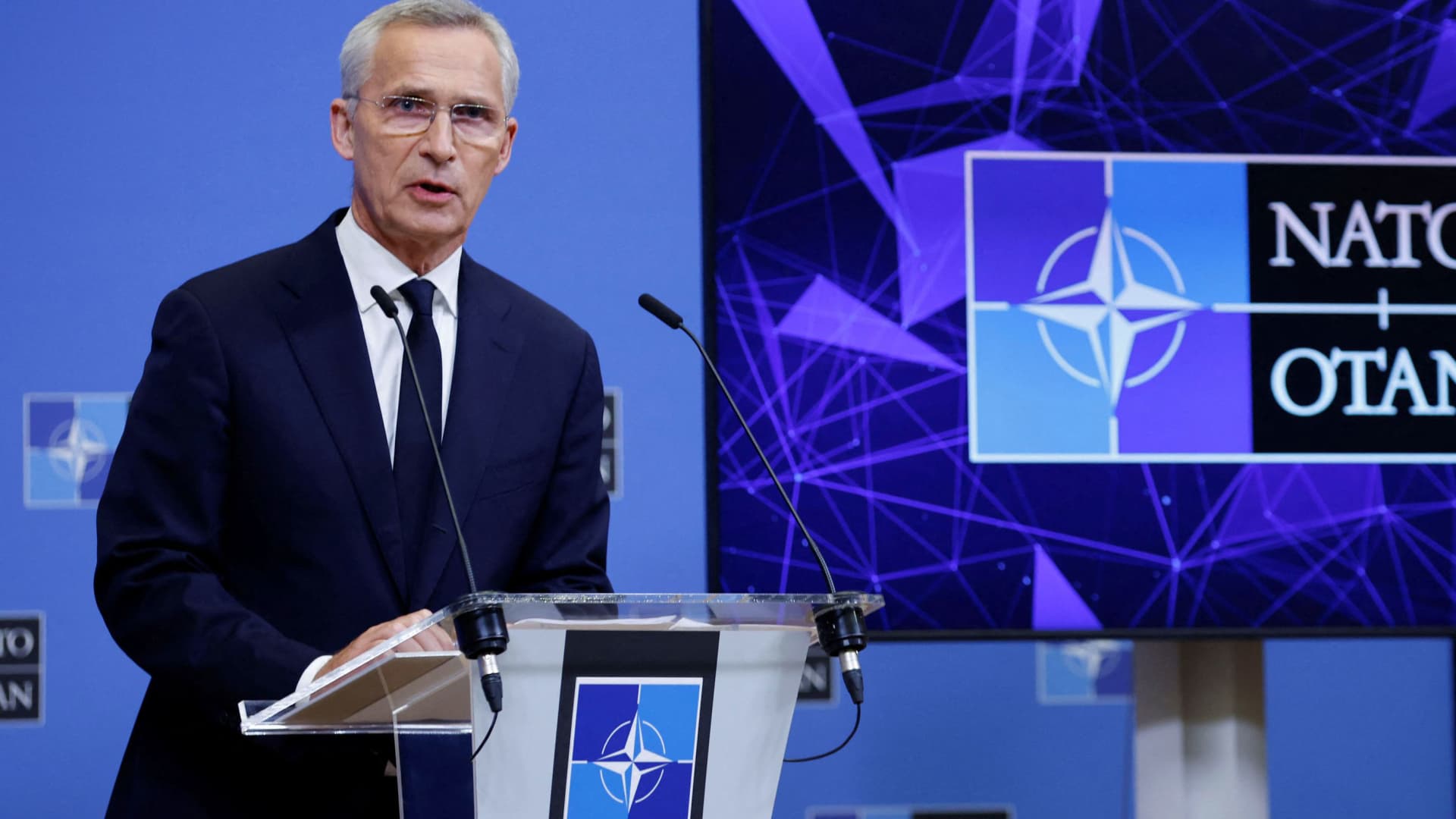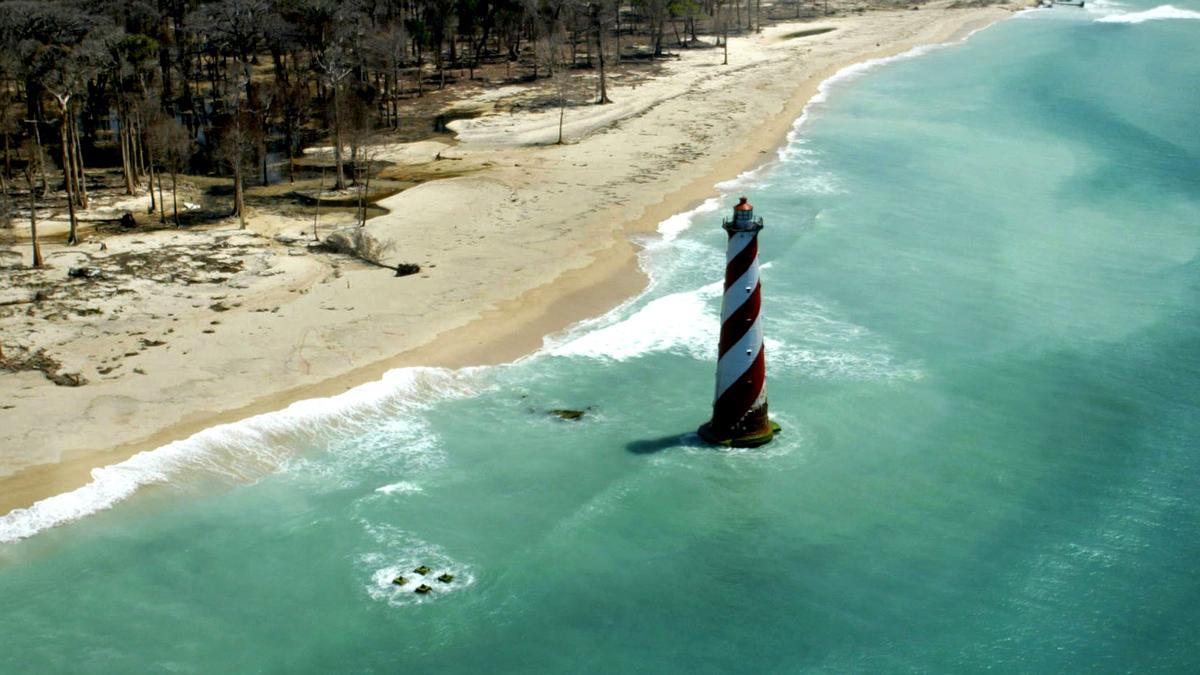NATO Secretary General Jens Stoltenberg speaks during a press conference on the third day of the International Monetary Fund and World Bank annual meeting, in Marrakech, Morocco, October 11, 2023.
Susana Vera | Reuters
NATO Secretary-General Jens Stoltenberg conceded to criticism that some members have been underfinancing the coalition’s defense budget, saying he expects a record 18 allies to meet their military spending goal this year.
His comments come on the footsteps of the controversial remarks of former U.S. President and Republican front-runner Donald Trump, who said he would not protect NATO nations from Russian hostilities if they fall behind on their membership payments.
Trump’s statements kindled widespread ire from the international community, including from fellow Republicans, drawing Stoltenberg to earlier this week accuse that such a suggestion “undermines all our security.”
“The criticism that you hear is not primarily about NATO, it’s about NATO allies not spending enough on NATO. And that’s a valid point,” Stoltenberg said during a press briefing Wednesday, in response to a question on whether Trump’s comments aligned with the broader views of Republican officials that the NATO chief has engaged.
“It’s a point and a message that has been conveyed by successive U.S. administrations that European allies and Canada have to spend more, because we haven’t seen fair burden-sharing in the alliance,” Stoltenberg added. “The good news is that this is exactly what NATO allies are now doing.”
He added that he expects 18 of the military coalition’s 31 members will meet their goal of spending 2% of their gross domestic product on defense this year, marking a sixfold increase from 2014, when allies formalized their investment pledge. The tally is set to include Europe’s largest economy, Germany, which is allocating the equivalent of 71.8 billion euros ( $76.93 billion ) to defense in the current year through regular and special budgetary provisions, a Defense Ministry spokesperson said earlier Wednesday, according to Reuters.
“However, some allies still have a way to go,” Stoltenberg said, also noting that the 2% contribution constitutes a minimum expenditure.
The coalition has historically been U.S. led, with Washington commanding the largest military presence of the alliance at 1.35 million troops in 2023, according to Statista. Trump was a noted skeptic of NATO during his first presidential mandate, holding that the U.S. unfairly carries the burden of the lion’s share of financial contributions.
NATO spending spiked dramatically after Russia’s full-fledged invasion of Ukraine nearly two years prior, with Stoltenberg embracing military and aid packages to Kyiv as key contributions to the members’ own welfare.
“I welcome the recent decision from Europe on a major new package of aid, and I count on the U.S. Congress to do the same,” he said Wednesday. “This is not charity. This is an investment in our own security.”
Earlier this month, EU member states agreed on an additional aid package totaling 50 billion euros for Kyiv. Across the Atlantic, the U.S. Senate this week voted to approve $95 billion in funding for Ukraine, Israel and Taiwan, progressing the bill onto the more stringent consideration of the Republican-led House of Representatives.






